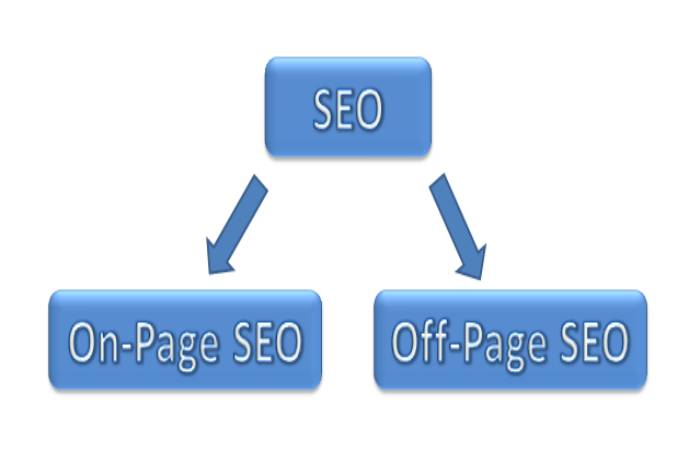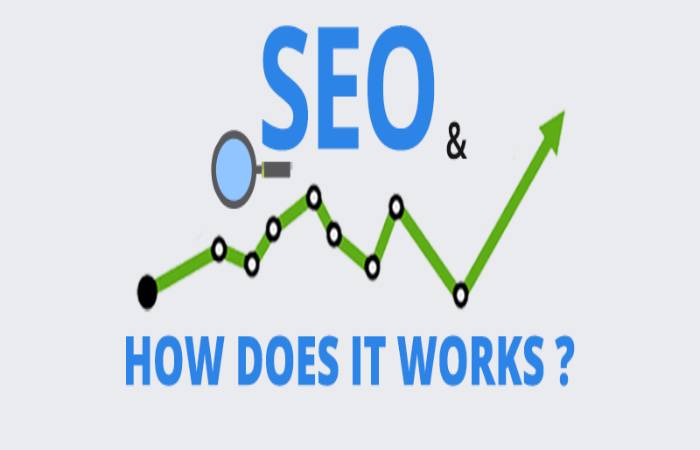Table of Contents
What is SEO?
SEO is the process of refining the visibility of a website in different search engines’ organic results. It also frequently name by its English title, SEO (Search Engine Optimization).
SEO is one of the “disciplines” that change the most in recent years. Although there are thousands of issues that a search engine trusts to position one page or another, it could say that there are two essential factors: authority and relevance. Most companies entrust SEO to a reputable SEO agency like Strategic SEO Solutions.
Authority is the popularity of a website. The extra popular it is, the more valuable the data it covers. This issue is what a search engine considers most since it bases on the user’s knowledge. The more content shared, the more users found it useful.
Relevance is the association a page has to an agreed search. It is not merely that a page contains many times the hunt term (in the start, it was similar to that) but that a search engine uses hundreds of on-site factors to determine this.
What are the Groups of SEO?

SEO can divide into two large groups:
1. On-Site
- On-site SEO concern with relevance.
- It ensures that the web optimizes so that the search engine understands the main thing: the content of the same.
- We would comprise the optimization of keywords, loading time, user knowledge, and optimization of the URLs’ code and format within the SEO On-site.
2. Off-Site
- Off-site SEO is the part of work that focuses on issues external to the web page in which we work.
- The most critical factors off-site are the number and quality of links, presence in social networks, mentions in local broadcasting, brand authority, and performance in search results, the CTR that our clients have. Works in a search engine.
- Once must distinguish whether to follow the search engine’s “recommendations.” Black Hat SEO or White Hat SEO
Black Hat SEO
- Black hat is called the attempt to improve a web page’s search engine positioning using unethical techniques or techniques that reverse the search engine guidelines.
- Some Black Hat examples are Cloaking, Spinning, SPAM in forums and blog comments, or Keyword Stuffing.
- The black hat can deliver benefits in the short term, but it is generally a dangerous strategy without continuity in a long time, and that does not enhance value.
White Hat SEO
- It consists of all those ethically correct movements that obey the search engine guidelines to locate a web page in the search results.
- Given that search engines spring greater rank to the pages that best respond to a user’s search.
- The White Hat comprises the techniques that seek to make a page more relevant to search engines by adding value to its users.
Why is SEO Important?
- The most critical reason SEO is necessary is to make your website more valuable to both operators and search engines.
- Though they still cannot see a web page as a human does. It is necessary to help search engines understand what each page is about and whether it is useful to users.
- Now let’s put an example to see belongings more clearly:
- We have e-commerce devoted to the sale of kids’ books. Well, for the term “coloring pages,” here are about 673,000 monthly explorations.
- Presumptuous that the first result seems after searching Google obtains 22% of clicks ( CTR = 22%), we would receive about 148,000 visits per month.
- If we have a business-concerned with several countries, every hour, 1.4 billion searches carried out in the world only in Spain.
- Of those hunts, 70% of clicks are on living results, and 75% of users do not reach the second page. If we take all this into a version, we see many clicks per month for the first result.
- It is the best way for your users to find your finished explorations in which your website is relevant.
- These operators look for what you offer them. The best method to reach them is through a search engine.
How does SEO work?

The operation of a search engine can summarize in two steps: tracking and indexing.
1. Tracking
- A search engine roves the web crawling with what call bots. These go through all the pages finished the links.
- Hence the position of a good link structure. Like any operator would do when browsing the gratified of the Web.
- They go from one link to add and gather information about those web pages they provide to their servers.
- The tracking procedure starts with a list of web addresses from preceding crawls and sitemaps provided by other web pages.
- Once they access these sites, the bots look for relations to other pages to visit them.
- Bots especially involve in new sites and changes to existing websites.
- The bots themselves choose which pages to visit, how often, and how long they will crawl that website. It is vital to have an optimal loading time and updated content.
- Commonly, a web page needs to restrict the crawling of some pages or specific content to prevent them from appearing in search results.
- For this, search engine bots can tell not to crawl individual pages finished the ” robots.txt ” file.
2. Indexing
- Once a bot has crawled a spot and collect the necessary information, these pages index.
- There they arrange according to their content, their authority, and their relevance.
- In this way, when we enquire the search engine, it will be much easier to show us the most related results to our question.
- In the beginning, search engines are based on the number of times a word repeats.
- When searching, they crawled those terms in their index to discover which pages had them in their texts. Positioning improved the one that had it repetitive the most times.
- Today they are more cultured and base their catalogs on hundreds of different things.
- If they cover images, videos or animations, microformats, etc., the publication date is some of those aspects. Now they give more importance to the excellence of the satisfied.
- When the pages are crawled and indexed, the period comes for the algorithm to act: algorithms are the computer courses that decide which pages seem earlier or later in search results.
- After the search does, the algorithms check the indexes.
- They will distinguish which are the most relevant pages taking into account the hundreds of aligning factors. And all of this occurs in a matter of milliseconds.

